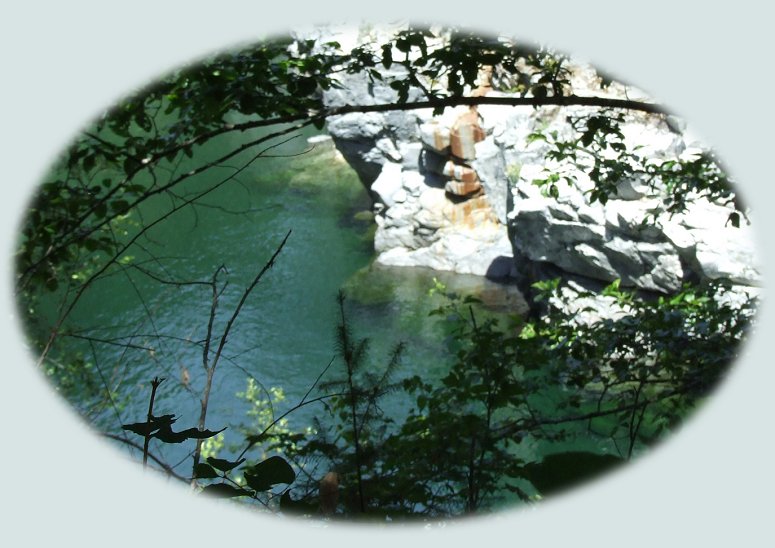|
| ||||
|
| ||||
|
There is something everyone honestly needs to ask themselves, especially the religious who believe they will go to paradise following certain guidelines: "Would I be good or as good without such an incentive if I knew there was nothing after life"? Since all religions stress motive and purity as the ultimate state, what perspective, intent or path is purest or more purifying: That of the atheist or agnostic trying their best to be good regardless of what circumstances they may find themselves in after life, or the faithful believing by adhering to one of many wide-ranging doctrines their eternal happiness and security is assured? It should be noted as great as the prophets were they had major advantages; They knew where they came from, their purpose, and where they were going, and one such as Christ all the answers to the most ambiguous tormenting questions the rest of us continually face. Aspiring to whatever brings about the greatest harmony to all things and goodness, being by its nature self-manifesting would seem more crucial than requirements of faith or promises of a Godly/heavenly existence etc., while remaining open to all possibilities to enabling continual growth seems both reasonable and progressive. Given a realistic possibility of errors, deletions, through the ages or exploitive motives and often conflictional variances and limits of understanding of existing dogma, and the assumption of a compassionate divine entity, would such an approach not be acceptable, or even preferable? From the Harbors of Light Collection: Inspirational writings, thoughts for the day, literature, | ||||
|
Forward ~ Nature's Sublimity |
Back ~ Notes to Myself ... |
|||
|
| ||||


